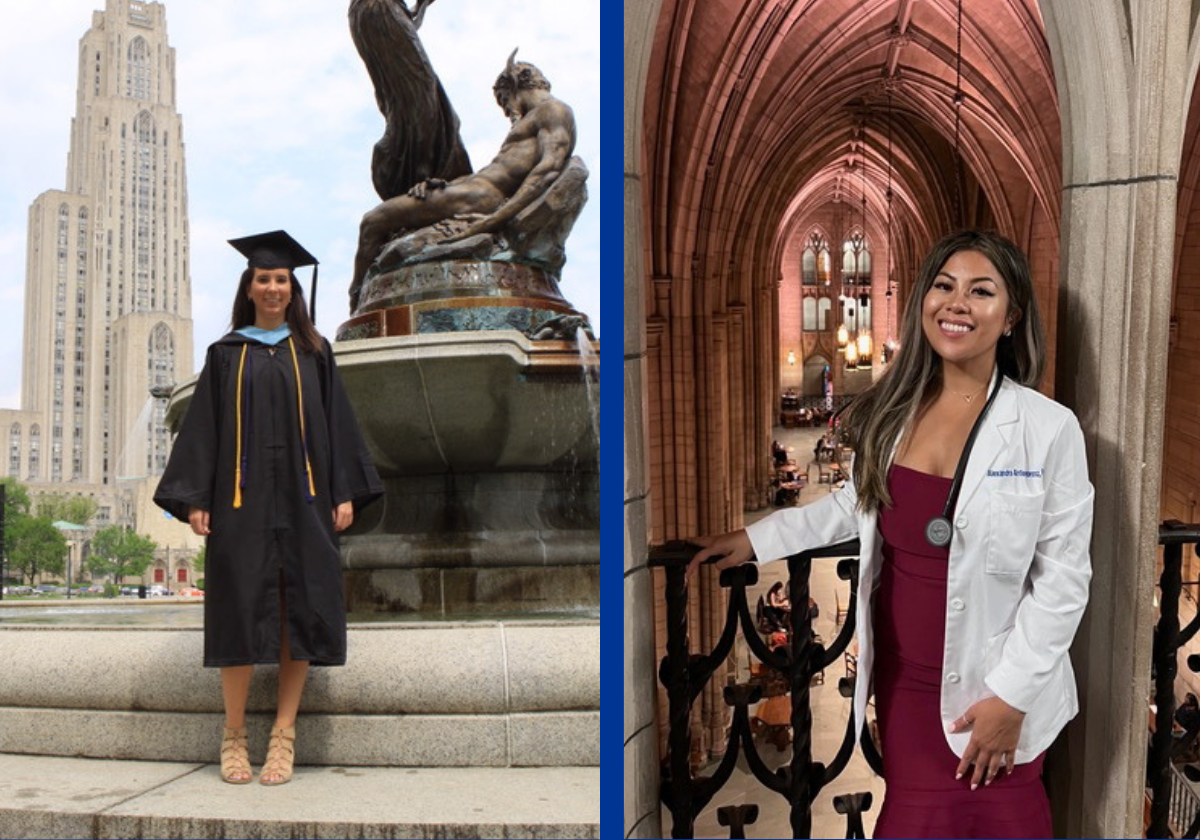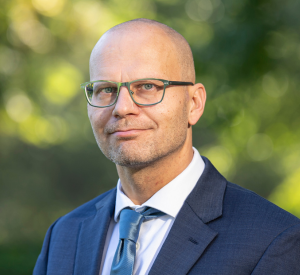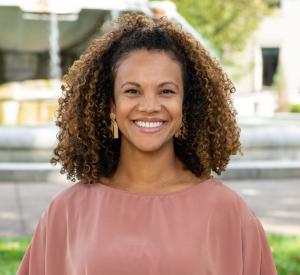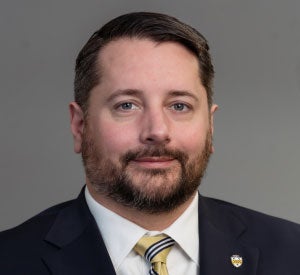What motivates a donor to create a scholarship? Maybe it’s a practical decision, driven by the prospect of a tax write-off. Or maybe it’s an emotional one, defined by the warm and fuzzy feeling associated with true altruism. Or perhaps the donor feels a connection to the institution and the work that it accomplishes.
Allen and Nell McMurtry established the SHRS Undergraduate Student Summer Research Award in 2019 as a token of pure gratitude for the faculty who made a difference in the lives of students, specifically their daughter, Shea McMurtry (BS ’17).

Shea knew she wanted to work in the medical field and enrolled at Pitt, thinking that an undergraduate degree in athletic training would prepare her for physical therapy school. During her sophomore year, she took an introductory class in prosthetics and orthotics at the same time she was taking a course in research writing, focusing on the topic of intelligent prosthetics.
“I didn’t have the best GPA during my first year,” admits Shea. “But research fascinated me. An opportunity presented itself during the summer before my junior year, conducting research with Dr. Goeran Fiedler.”
Under the supervision of Fiedler, associate professor in the Master of Science in Prosthetics and Orthotics program, and with the support of a National Science Foundation (NSF) Research Experience for Undergraduates (REU), Shea spent 10 weeks in the ASPIRE program at SHRS’ Human Engineering Research Laboratories (HERL).
A life-changing experience
During the summer between her sophomore and junior years, Shea investigated internal limb forces and movements during soccer play on both natural and artificial playing surfaces using sensors implanted into prostheses. She made an oral presentation at the International Science and Football Association Conference in Doha, Qatar, in the spring of 2016 and subsequently published the study in the Journal of Rehabilitation and Assistive Technologies Engineering in 2019.
“Dr. Fiedler was the most amazing mentor and teacher,” says Shea. “Although I had no prior experience in research, he had confidence in me and allowed me to take the lead in this project.”
“When we started developing her project together, it quickly became clear that Shea is an exceptionally fast learner and confident and comfortable at making decisions,” recalls Fiedler. “She would not be shy to ask for advice but would be generally independent and self-motivated. Those are all very helpful characteristics for any project work and especially for our quite ambitious human subject intervention study at the time. It was very easy mentoring her.”
Although Shea graduated with a degree in exercise science from the School of Education and attended graduate school elsewhere, her parents were so impressed with the SHRS faculty who guided her, they established their scholarship for students at SHRS.
“There are limited opportunities for undergraduates to be involved in research,” notes Allen McMurtry. “When Shea was given this chance, it changed the trajectory of her education—and her career.”
“We wanted to credit the professors who helped her find her passion, and to make the same opportunity available to other students in the future. That’s why we established the scholarship.”
Nell McMurtry
Shea, who recently completed her PhD in neurophysiology at Georgia Tech, now serves as associate director, communications and engagement, Gateway Labs by Lilly in San Francisco. Her love of research continues to grow.
“I have to admit that Shea’s current research well exceeds my level of understanding,” notes Fiedler. “It is amazing how far she has come in such a short time, and I use her story frequently as an inspiration to my students.”
“Being able to work with bright young people like Shea and seeing them move on to successful careers really makes me happy,” he continues. “I am happy for them individually, and in a broader sense, it makes me feel optimistic about the future because I know they will do great things to make the world a better place.”
“The best thing about the scholarship my parents started is that it’s not necessarily given to the brightest student or the one with the most financial need. It’s designed for students who somehow stand out—to those who are willing to explore research, but might not otherwise find their passion,” concludes Shea.
A welcome leg up for PAS students
It’s not always easy for graduate students to manage the rigors of their coursework and still be able to pay for food, housing and other necessities.
“For students in the Physician Assistant Studies (PAS) program, in particular, there are very few scholarships,” explains Kathryn Reed, assistant professor, PAS. “Many students rely on Grad PLUS Loans, but these are not available to everyone, especially some international students.”
When Reed realized that some of her students were struggling, she and Department Chair and Associate Professor David Beck came up with a plan.
They created the DEI Financial Offset Scholarship. The response was overwhelming.
“We originally thought only one or two students would apply,” recalls Reed. “We had 12 applicants!”
Beginning with the spring 2023 semester, the DEI Financial Offset Scholarship awarded between $500 and $5,000 to all the students who expressed a need.
Recipient Alexandra Antenorcruz, PAS class of 2023, explains her situation.
“I do not have parents who can financially support me, so I must rely on loans to pay for tuition, rent, utilities, supplies, car expenses, groceries and more. When I needed additional money, I routinely donated my plasma.”

In addition to her PAS coursework, Antenorcruz actively volunteers for several organizations, including Street Medicine at Pitt, which helps individuals facing homelessness with resources, supplies and basic medical needs.
“The scholarship allows me to have more time with my studies and volunteering efforts and eliminates the need for me to donate at the plasma center,” she explains.
Classmate and fellow recipient Joanna George says the scholarship has inspired her to pay it forward for others. “In the future, I would love to work with victims of human trafficking and other medically underserved populations, and this scholarship will help me achieve that goal by giving me the financial cushion I need as I finish my studies.”
“We realize that PA school is expensive,” says Reed. “If we can offset their financial worries in any way, we are truly serving our students.”
“I am very thankful for this scholarship, so in the future, I would be willing to help the students who are in similar situations,” continues Antenorcruz. “PA school is already hard, so worrying less about finances really helps with mental health.”



